In his televised speech, Hezbollah Secretary General Seyyed Hasan Nasrallah is to tackle the maritime deal between Lebanon and the Zionist entity, according to a report by the Hezbollah news service Al-Manar TV English website earlier on Saturday
The speech is broadcast online on Al-Manar TV.
In a speech on Thursday, Seyyed Nasrallah described the deal which came a year after indirect talks as a great victory for Lebanon.
He dismissed allegations of a normalization attempt between Lebanon and the Zionist entity, stressing that the deal was neither an international accord nor a recognition of the Israeli regime.
The Hezbollah S.G. said he would tackle the issue in detail on Saturday due to lack of time during Thursday’s speech.
At the start of today's speech, Nasrallah offered condolences on the death of the two clerics Sheikh Ismail Khatib and Sheikh Hussein Abdullah.
Moreover, the Hezbollah leader congratulated Palestine’s Islamic Jihad Movement on the martyrdom anniversary of Leader Fathi Shaqaqi.
Pointing to the recent terrorist attack in Iran's Shiraz, he said that "huge participation in Shiraz martyrs funeral confirms Iranians’ decision to confront foreign sedition conspiracy."
He said that Iran will frustrate its enemies and as always will come out victorious.
As regards the maritime deal signed between Beirut and the Tel Aviv regime on Thursday, he said "indirect maritime deal is a major triumph for the Lebanese people."
"After 2000, several studies conducted by certain states confirmed Lebanon has offshore oil and gas resources which necessitated maritime border demarcation," the Hezbollah chief said.
He said that the Israeli regime had no choice but to talk with Lebanon government after facing the united Lebanese people and the Resistance warning.
Nasrallah pointed out that the Lebanese officials did not give in to pressures from Israel and the US during the talks, stressing that "we believe Lebanon achieved almost everything it wanted in the maritime deal. "
It was the government of Lebanon that drew the maritime boundaries rather than Hezbollah, Nasrallah said, adding "The agreement on the demarcation of the maritime borders is based on the determination of Lebanon's territorial waters and economic zones in the Mediterranean Sea."
"The resistance threatened that it will not allow gas extraction from the beginning until an agreement is reached that meets Lebanon's demands," he said, adding, "The threats of resistance put the occupying regime in front of the reality that was the possibility of regional war."
He added that the American mediator declared that the fear of war led to understandings about maritime borders.
He pointed out again that the maritime does not mean the normalization of ties with the Zionist Israeli regime in any way, underscoring that the deal does not equal recognition of the Israeli regime.
MNA


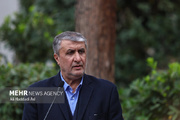

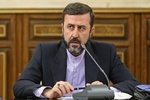
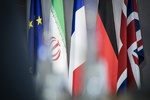
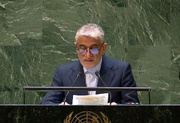
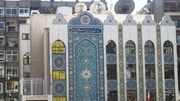
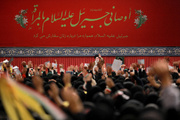
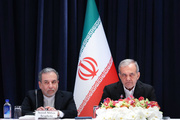
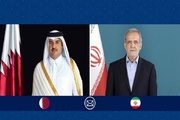




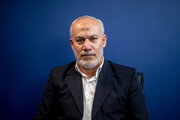
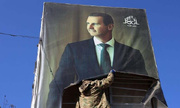
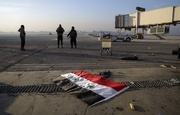

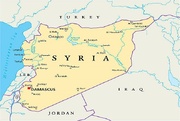

Your Comment